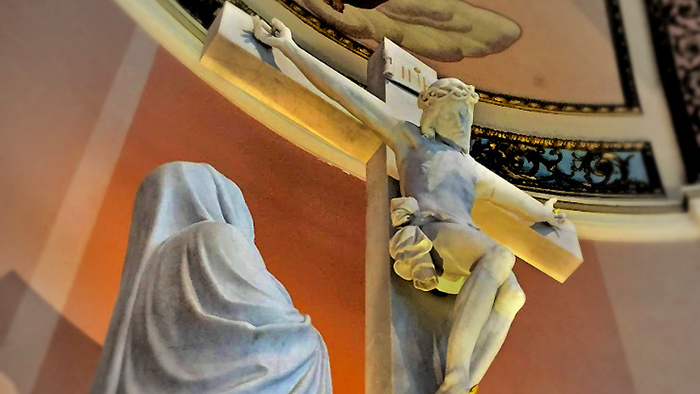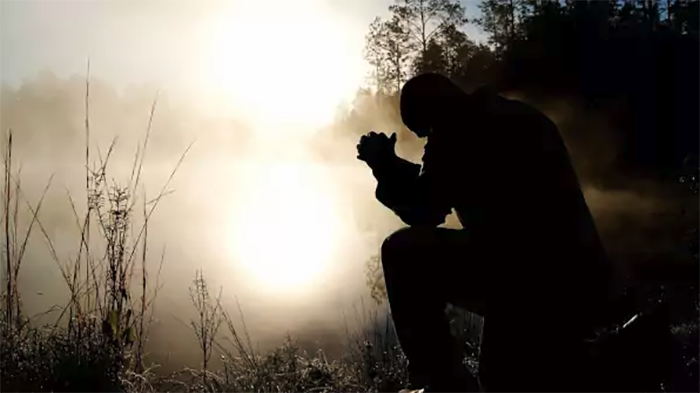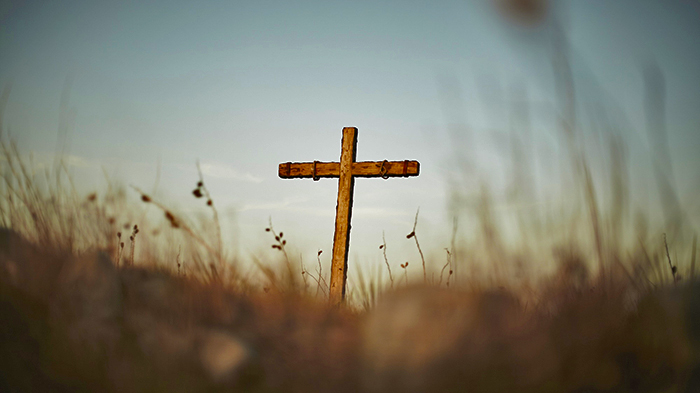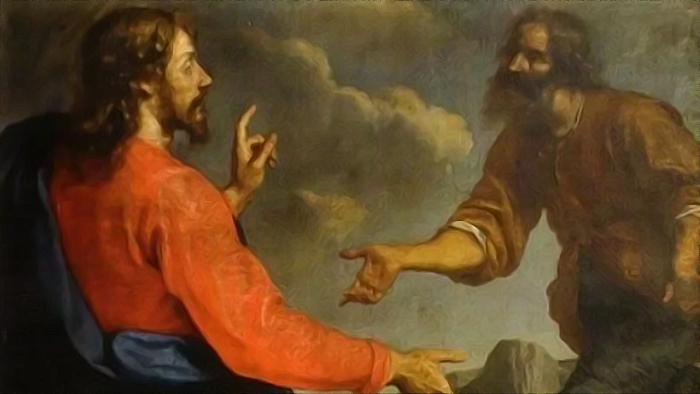
Today’s Gospel reveals an essential fact about Mary as she deals with the greatest of all sorrows: her son’s horrific torture and ultimate death. As Jesus was dying, Mary stood under the Cross. What is she doing standing under the Cross? At first glance, it appears she is doing nothing. She does not speak, does not try to stop the crucifixion, does not protest its unfairness, or plead Jesus’ innocence. She is mute – seemingly passive, not doing anything at all. But, as Fr. Ron Rolheiser suggests, at a deeper level, she is doing two important things. First, in the Gospels, “standing” is a position of strength. Mary stood under the Cross. She was silent, but she was strong and fearless there. She was not one of those who fled. Second, she refused to give back what she was receiving. Mary seems to say, “I can’t stop the crucifixion, but I can stop some of this hatred.” “I can’t stop this crucifixion, but I will not give back this bitterness.” “I can’t stop this crucifixion, but I will not add a single drop to this negative, destructive energy swirling around me.” “I can’t stop this crucifixion, but I can give the opposite of this crucifixion: gentleness, understanding, forgiveness, peace, and light.” Why does any of this matter? In the Gospels, Mary is the first person to hear and keep the Word of God. Thus, she is the first true disciple. She knows what a true disciple should be and should do. She provides an example of discipleship that we can imitate. Today’s celebration invites us to follow her example in two areas of our lives. First, when pain, sorrow, suffering, and grief come, Mary inspires us to stand in strength and courage and to take heart. Second, Mary encourages us to refuse to give back darkness when darkness comes. When confronted by negativity and blackness, Mary inspires us to transform negativity and blackness rather than retransmit them.









